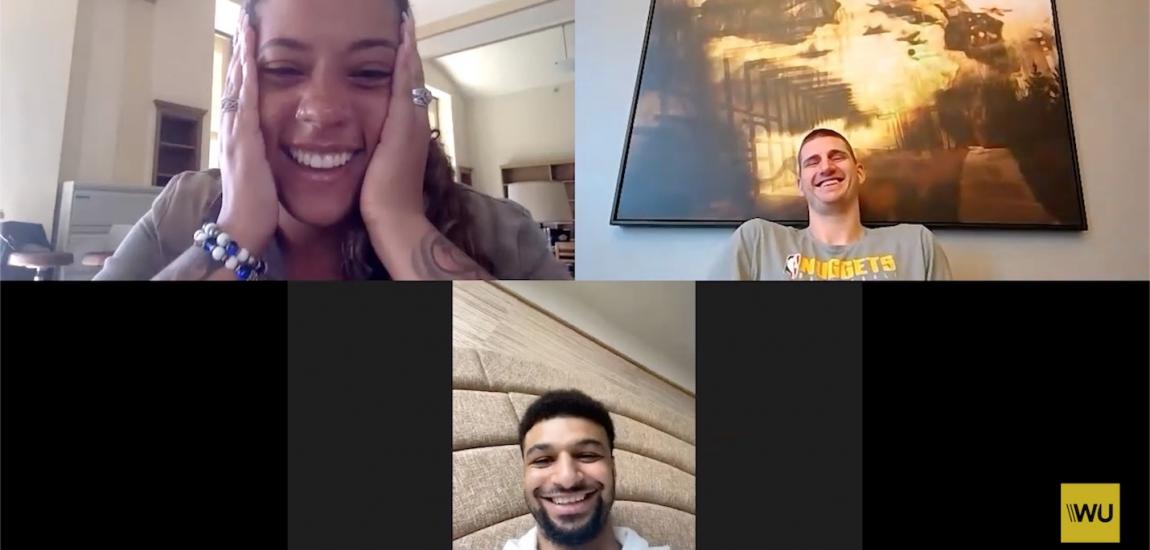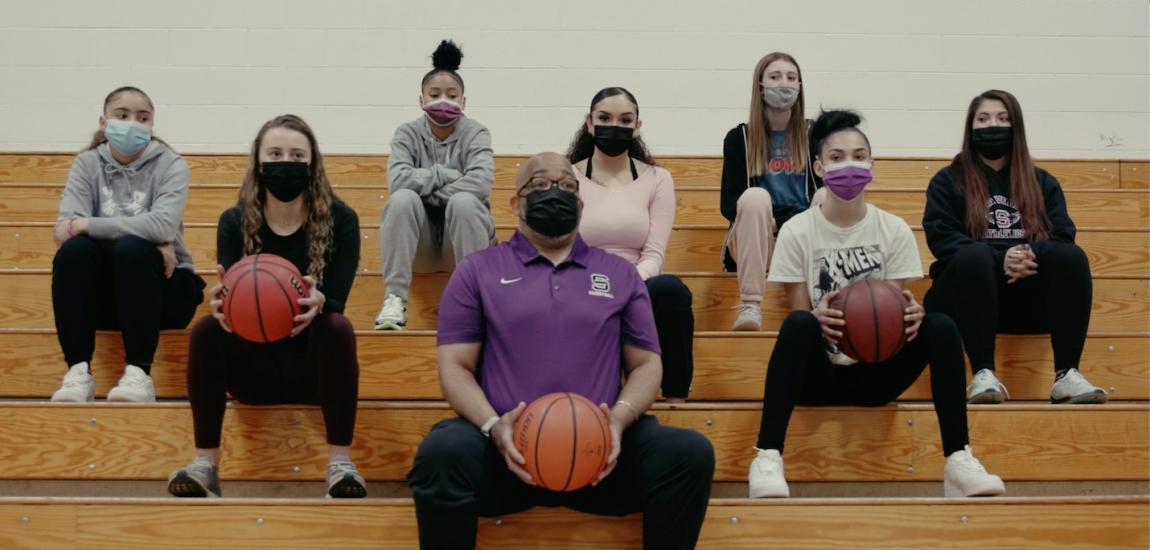
The move toward paperless tickets in pro sports isn't exactly revolutionary as many teams have adopted this technology the past few years. But leave it to the Brooklyn Nets to put a hip spin on it.
The Nets are giving their season-ticket holders a snazzy credit card to serve as their entrance to games.
Here's a video of how it works.
Fred Mangione, Brooklyn's chief officer of marketing and revenue, told the Wall Street Journal that the team hopes the new system will help fans avoid problems like misplacing tickets or buying counterfeit vouchers.
The Nets join 20 other NBA organizations and all 30 MLB teams in offering some form of paperless ticketing. What makes Brooklyn unique is that fans can use the credit card for more than just getting into the Barclays Center. Once inside the arena, they can make purchases with the card. The fans who rack up the most points on their card will be rewarded with prizes like seats in the team's luxury boxes.
This new system will allow team executives a much clearer picture into fans' spending habits. The New York Red Bulls started using a card system in 2009, and eventually they created credit card-only concession stands.
A paperless ticket system makes it more difficult for fans to resell their seats on the secondary market, but Mangione said that won't be a problem for Nets fans. He told the Wall Street Journal that fans can transfer their tickets via email or sell them through websites like StubHub.com or Craigslist.com. The Nets, however, advise fans to use the team's official NBA Ticket Exchange website.
"People come up every night with bogus tickets they bought on StubHub," Mangione said. "We're trying to protect our customer."
As more NBA teams make the move toward paperless tickets, the Cleveland Cavaliers are looking increasingly prescient. In 2007 the Cavaliers were one of the first professional teams to switch to paperless transactions.
"The paper ticket market is fundamentally inefficient and arcane," Cavaliers chief marketing officer Chad Estis said at the time. "I don't think there's a role for that in the future.''




